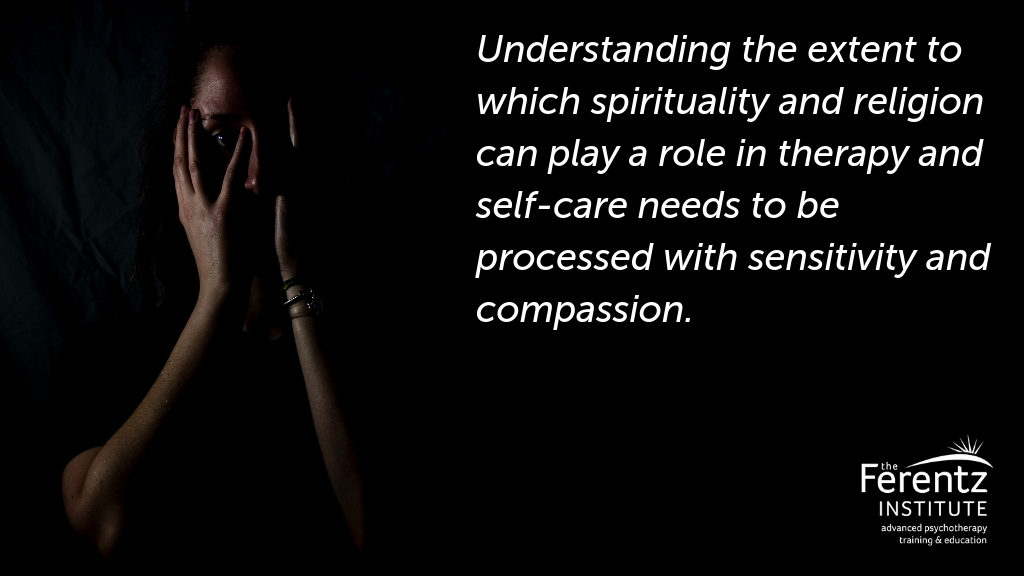
One of the great blessings in my career is the opportunity I’m given to travel to other parts of the world to train mental health professionals. I just returned from a wonderful trip to Ireland where I spent two days with an incredible group of dedicated clinicians who were eager to learn about treating addiction through a trauma informed lens. As we processed the impact of trauma and the soothing and numbing that comes from addictive and self-destructive behaviors, it wasn’t lost on me that I was speaking in a country where clergy sexual abuse and its subsequent cover-up had been rampant. A number of clinicians shared stories of their clients’ abuse and some bravely disclosed to me, in private, their own personal traumas of clergy sexual abuse.
Reclaiming spirituality
There are many ways to help clients in their healing journeys, and the reclamation of their spirituality is one important potential resource that should be explored. Whether it’s embracing the notion of a “higher power” for comfort and unburdening, using religious rituals or attending religious services for grounding, identity, soothing, or fellowship, religion and spirituality can resource clients in powerful ways. However, incorporating this resource becomes hugely challenging when the very experience of trauma and betrayal are intertwined with a perpetrator who is a clergy person or when religious liturgy is twisted to “justify” obedience, inappropriate boundaries, or sexual abuse. And given the power that clergy hold, it’s not unusual for religious institutions to protect them by minimizing the abuse, relocating the offender without consequences or therapy, or completely dismissing a victim’s allegations. All of this took place in Ireland. It continues to take place at home as well, adding additional layers of trauma, betrayal, and re-victimization.
It’s important to view our clients through a bio-psycho-social-spiritual lens. Understanding the extent to which spirituality and religion can play a role in therapy and self-care needs to be processed with sensitivity and compassion. If clients have rejected their religious identities and observances, it’s worth exploring the subsequent impact of that and asking whether or not it is a future goal of therapy and healing to re-claim what was taken from them.
In the upcoming workshop “There Was a Rabbi, a Priest and a Therapist”, to be held on Monday, November 12, we will look at the impact that trauma has on spirituality and faith, and process how we can respectfully invite clients to potentially explore new ways to be in a relationship with a higher power or safely use the benefits of spirituality for comfort and healing.
Have you worked with a client who was traumatized by clergy sexual abuse? Tell us how you worked to help your client heal.
Watch this video to learn more about how you can respond to disclosures of trauma.

